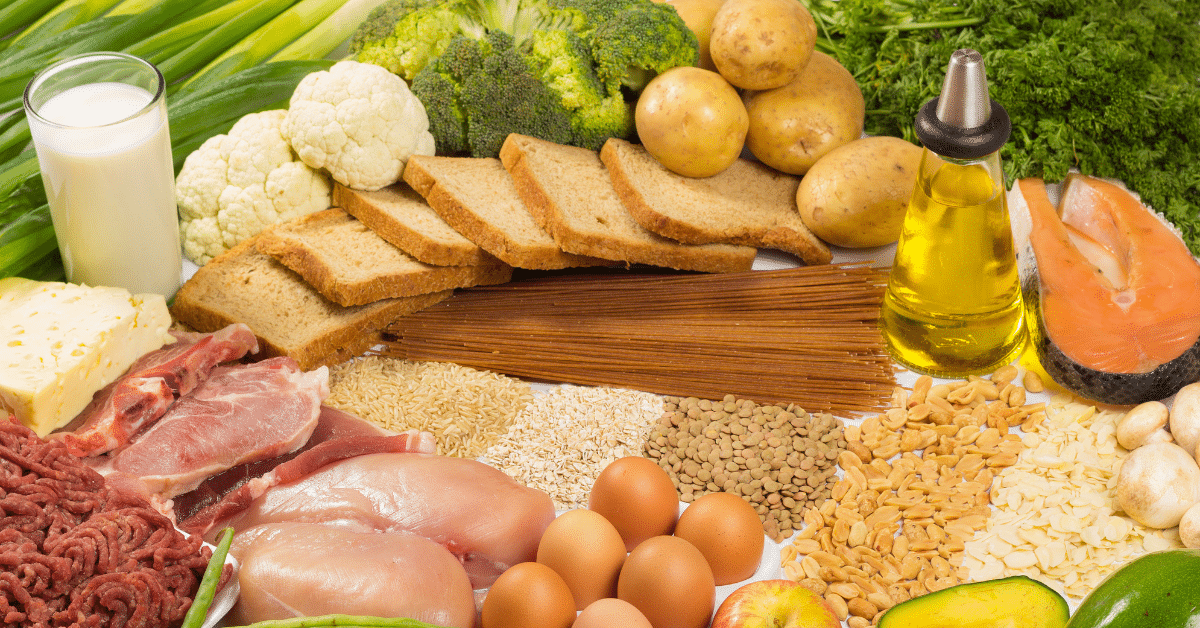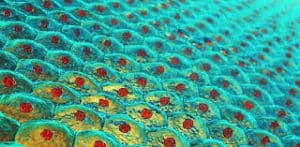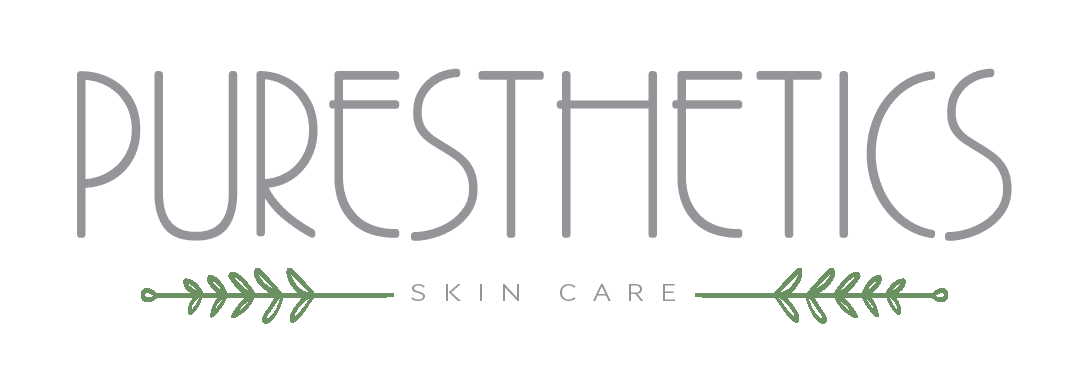
Our Blog

Food for your Face | Macros & Recipes

When it comes to radiant skin, what you put on your face matters, but what you put on your plate might matter even more.
Your skin is your body’s largest organ, and it’s directly impacted by what you eat. Think of food as your skin’s first line of defense; it provides the raw materials needed for regeneration, hydration, collagen production, and protection against stressors like UV rays, pollution, and inflammation.
In this guide, we’ll dive into the essential nutrients for skin health, explain how macros and micros support your skin’s natural functions, and share simple recipes that will help you glow from the inside out.
How Nutrition Affects Skin Health
Your skin is a reflection of your internal health. Nutritional imbalances, digestive issues, blood sugar spikes, and inflammation can all manifest as breakouts, dullness, irritation, or premature aging. On the other hand, the proper nutrients can:
- Boost collagen and elastin for firm, smooth skin
- Balance hormones to reduce breakouts
- Fight oxidative stress that causes wrinkles and hyperpigmentation
- Improve circulation and hydration for a natural glow
- Strengthen your skin barrier to protect against irritation
Macronutrients: Fueling Your Skin from Within
1. Protein – For Repair and Collagen Production
Why it’s essential:
Proteins are the building blocks of skin. Collagen, elastin, and keratin—the three major structural proteins of the skin—depend on amino acids from dietary protein.
Benefits for skin:
- Strengthens and firms the skin
- Helps repair damaged tissue
- Supports wound healing and scar reduction
- Essential for hair and nail growth
Best sources:
Eggs, wild-caught fish, lean poultry, grass-fed beef, legumes, tofu, tempeh, quinoa, collagen peptides
2. Healthy Fats – For Hydration and Elasticity
Why it’s essential:
Fats, especially omega-3 and omega-6 fatty acids, help maintain the skin’s lipid barrier, which keeps moisture in and irritants out. They also regulate inflammation, making them crucial for conditions like acne, eczema, and rosacea.
Benefits for skin:
- Keeps skin soft, supple, and plump
- Reduces inflammation and redness
- Protects against environmental damage
- Helps absorb fat-soluble vitamins (A, D, E, K)
Best sources:
Avocados, flaxseed, chia seeds, walnuts, olive oil, hemp seeds, fatty fish (salmon, sardines)
3. Complex Carbohydrates – For Energy and Antioxidants
Why it’s essential:
Not all carbs are created equal. Complex carbs break down slowly and provide steady energy without spiking insulin levels—a key factor for hormonal acne. Many are also rich in fiber and antioxidants.
Benefits for skin:
- Prevents sugar-related collagen damage (glycation)
- Stabilizes hormones and insulin
- Provides fiber for gut health (which supports clear skin)
- Rich in phytonutrients for anti-aging benefits
Best sources:
Sweet potatoes, oats, quinoa, brown rice, legumes, fruits, leafy greens, and cruciferous vegetables
Micronutrients: Tiny Nutrients, Big Impact
Vitamin A – Cell turnover + acne prevention
Sources: sweet potatoes, carrots, spinach, liver
Supports healthy skin cell regeneration, reduces clogged pores, and is the foundation of retinoid skincare.
Vitamin C – Collagen builder + brightener
Sources: strawberries, citrus fruits, bell peppers, broccoli
Boosts collagen production, fades hyperpigmentation, and protects against free radicals.
Vitamin E – Skin barrier + hydration
Sources: almonds, sunflower seeds, avocado
A powerful antioxidant that strengthens the skin barrier and prevents dryness.
Zinc – Acne control + healing
Sources: pumpkin seeds, chickpeas, oysters
Essential for regulating oil production, calming inflammation, and healing blemishes.
Selenium – Antioxidant + anti-aging
Sources: Brazil nuts, mushrooms, whole grains
Works with vitamin E to prevent oxidative stress and promote elasticity.
Probiotics & Gut Support
Sources: kimchi, sauerkraut, kefir, yogurt, miso
Healthy skin starts in the gut. Probiotics help reduce inflammation and improve nutrient absorption, which can lead to a reduction in acne and a more radiant complexion.
Three Glow-Enhancing Recipes to Try!
🥣 Radiance Smoothie Bowl
Macros: Balanced (healthy fats, complex carbs, protein)
Micros: Vitamins C, E, A, fiber, zinc
Ingredients:
- 1 frozen banana
- ½ cup blueberries
- ¼ avocado
- 1 handful of spinach
- 1 tbsp flaxseeds
- 1 scoop collagen peptides (optional)
- ¾ cup almond milk
Toppings:
- Sliced strawberries
- Chia & pumpkin seeds
- Drizzle of raw honey
Blend, top, and enjoy! Great as a post-facial glow-boost or hormone-friendly breakfast.
Sweet Potato & Kale Nourish Bowl
Macros: High fiber, moderate protein, healthy fat
Micros: Beta-carotene, vitamin K, iron, zinc
Ingredients:
- 1 roasted sweet potato (cubed)
- 1 cup sautéed kale with garlic and olive oil
- ½ avocado, sliced
- ½ cup cooked quinoa
- 2 tbsp pumpkin seeds
- Dressing: tahini, lemon, sea salt, water
This bowl is excellent for supporting healthy hormone levels, reducing inflammation, and feeding the skin with a wide range of essential nutrients.
Glow-Boosting Golden Milk
Macros: Low sugar, low carb
Micros: Anti-inflammatory spices, antioxidants
Ingredients:
- 1 cup almond or oat milk
- ½ tsp turmeric
- ¼ tsp cinnamon
- ¼ tsp ginger
- Pinch of black pepper
- 1 tsp raw honey
Sip before bed or after a treatment for profound, calming, skin-soothing effects. You can also add reishi mushroom powder for hormone support and stress reduction.
Bonus Tips for Skin Nutrition Success
- Stay hydrated: Aim for half your body weight in ounces of water per day. Add lemon, cucumber, or chlorophyll drops for a beauty boost.
- Balance your blood sugar: Pair carbs with protein or fat to avoid sugar crashes that can trigger hormonal breakouts.
- Eat the rainbow: Different colors = different phytonutrients. The more colorful your meals, the greater variety of antioxidants your skin receives.
- Limit processed foods & sugar: These contribute to glycation (which breaks down collagen), inflammation, and congestion.
Support gut health: A healthy gut means better nutrient absorption and fewer inflammatory triggers. Consider taking a daily probiotic or incorporating fermented foods into your diet.

